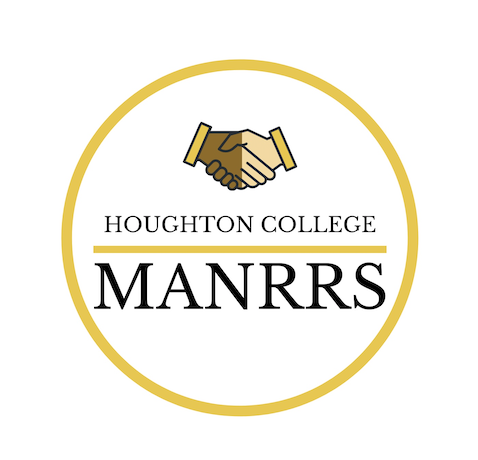Category: Columns
March 19, 2022
Columns
Valentine’s Day Chocolate Sampling
By Anna Zimmerman The Center for Sustainability hosted a chocolate sampling event in the campus center on Valentine’s Day. There…
March 19, 2022
Columns
Night at the Movies
by Rachel Huchthausen Dr. Sharon Johnson, Prof. Roy Smith, and Mrs. Julie Smith shared a magnificent program of film music…
February 08, 2022
Columns
Spider Man: No Way Home (2021)
By Caleb Tiedemann MAJOR SPOILER WARNING! Spider-Man: No Way Home was one of the most hyped-up and anticipated Marvel movies…
January 30, 2022
Columns
Movie Review: The Suicide Squad (2021)
The Suicide Squad is a movie that I fell deeply in love with. Similar to Free Guy, this was a…
November 25, 2020
Columns
Lanthorn Lite: “The Journey of a Leaf” and “Valentine House”
Published in collaboration with The Lanthorn. “The journey of a leaf” By Essie Fenstermacher, from The Lanthorn Fall 2013 Edition…

October 17, 2020
Columns
Lanthorn Lite: “Coffee Mug Conversations”
Published in collaboration with The Lanthorn, from their February 2019 volume, “Imprints”. Poem by Tyger Doell with commentary from Lanthorn…

October 10, 2020
Columns
Coping with COVID: Houghton MANRRS, “Adapting and Thriving”
Article written by Ryan Ozzello (’21), treasurer of Houghton MANRRS Whether we like it or not, most of what happens…
